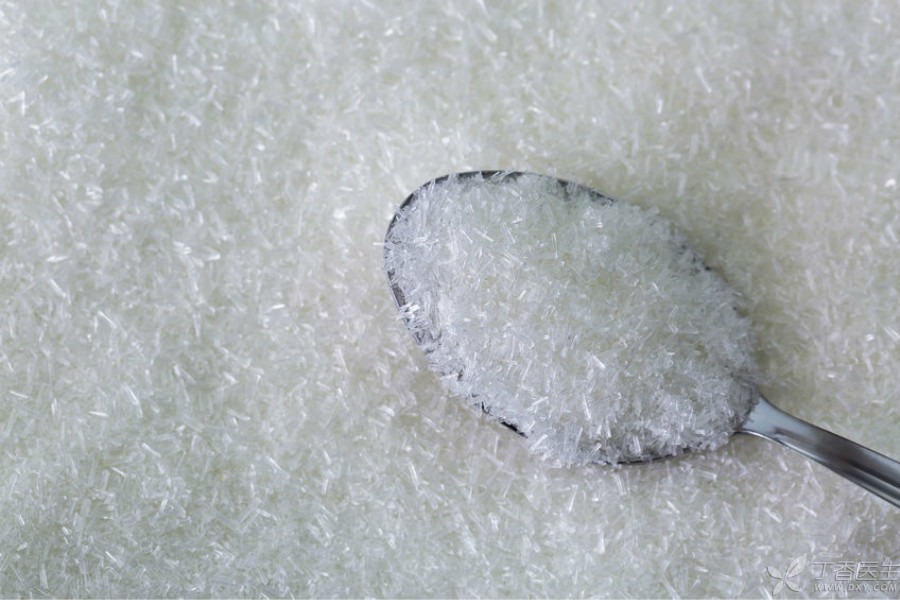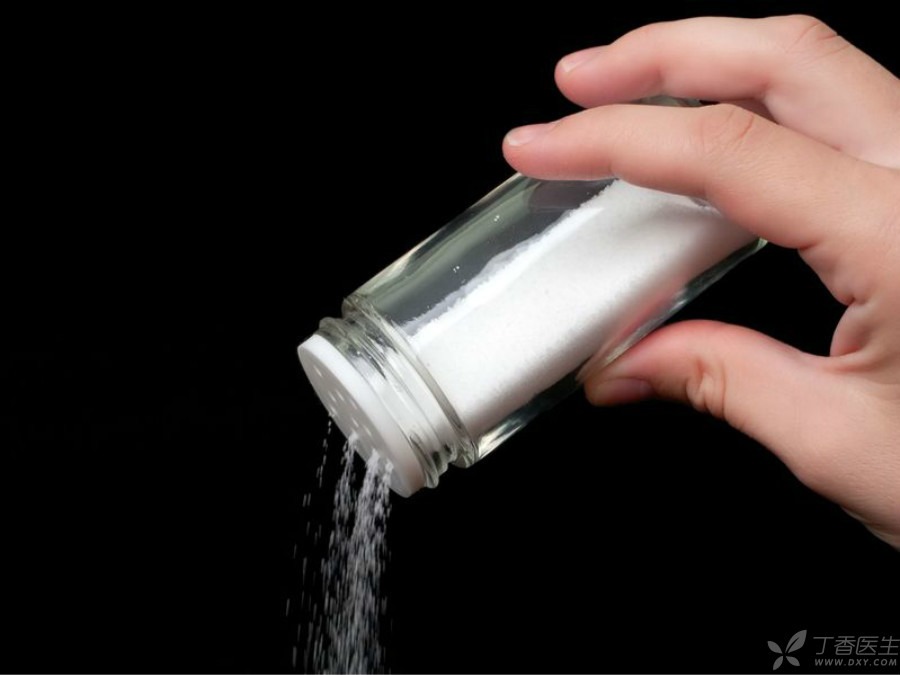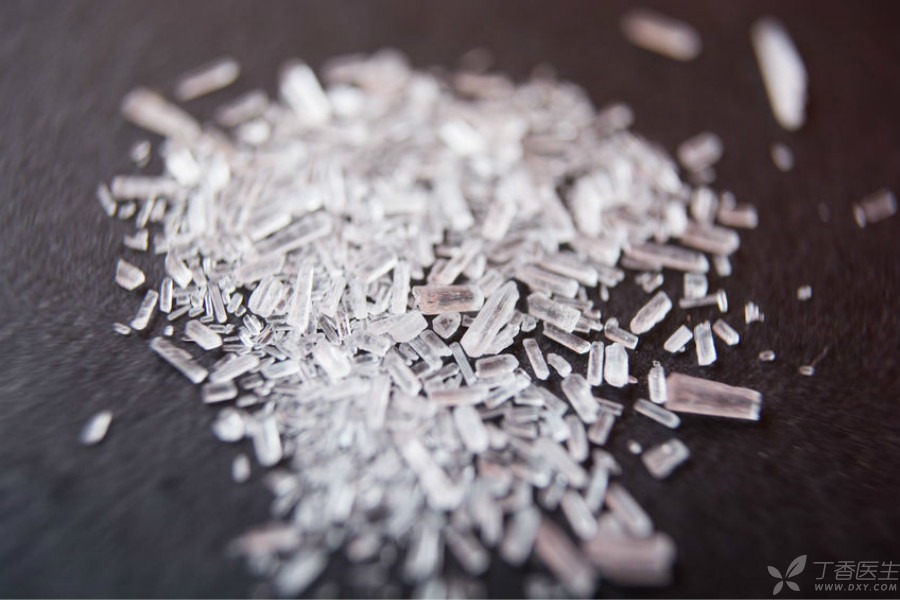
Recently, a piece of news [EU proposes to limit monosodium glutamate intake] has exploded the circle of friends.
Recently, the European Food Safety Administration (EFSA) released the latest evaluation report on food additives glutamic acid and glutamate:
The safe intake of glutamic acid (and its salts) for people is 30 milligrams per kilogram of body weight per day. For an adult weighing 60 kilograms, it is equivalent to no more than 1.8 grams per day.
As soon as this report came out, monosodium glutamate was once again pushed to the forefront. So: Can monosodium glutamate be eaten?
Dr. Clove hurriedly invited Dr. Yun Wuxin, a food engineering major, to tell you in detail.
What exactly did the EU say?

On July 12, 2017, EFSA released an expert evaluation report.
This report evaluates the health effects of glutamic acid and various glutamate salts (including sodium glutamate, potassium glutamate, calcium glutamate and magnesium glutamate).
In the report, the Expert Committee confirmed the safety data of glutamic acid and glutamate previously used, but added a study on the effect of sodium glutamate on neurodevelopment in rats.
In this study, the maximum dose of sodium glutamate that does not affect rat nerve development is 3.2 g per kilogram of body weight.
According to the routine of setting human safety standards from animal experimental results and using a safety factor of 100 times, it is concluded that the safe intake of glutamic acid (and its salt) to human is 30 milligrams per kilogram of body weight per day.
For an adult weighing 60 kilograms, it is equivalent to no more than 1.8 grams per day.
What is 1.8 grams? About one-third of beer bottles have so many caps, which may not be enough for many people to stir-fry a dish.
Monosodium glutamate is not a natural food?

Although many families are used to putting some monosodium glutamate in cooking now, the use of monosodium glutamate in Chinese food is actually a matter of nearly a century.
One of the five basic taste senses perceived by human beings is [fresh]. In traditional Chinese cooking, various [stock soup] [thick soup] (such as chicken soup, bone soup, kelp soup, etc.) are used to add delicate flavor, but it is not known that what brings delicate flavor.
It was not until 1866 that a German chemist discovered glutamate. It took more than 40 years for sodium glutamate to be extracted from dried kelp soup.
In other words, monosodium glutamate has always existed in natural foods, and most of the current monosodium glutamate is obtained by fermenting starch, beet and sugar cane, not the product of what [chemical synthesis].
Can monosodium glutamate cause [Chinese restaurant syndrome]?

People’s panic over monosodium glutamate originated in 1968.
A doctor named Ho Man Kwok published an article in the New England Journal of Medicine, describing his strange experience when eating Chinese food. It is roughly said that 15 to 20 minutes after starting eating Chinese food, the back neck began to become numb and began to spread to both arms and back, and lasted for about two hours.
This article has triggered a worldwide panic over monosodium glutamate, which is called “complications of Chinese restaurants”.
Later, scientists did many experiments, but they could not prove the existence of [Chinese restaurant complications]. However, the story of Ho Man Kwok has been circulating in the society and has not stopped to this day.
Is monosodium glutamate safe? Can it cause cancer and asthma?

The so-called [monosodium glutamate carcinogenicity] means that monosodium glutamate will produce sodium pyroglutamate after heating, which will cause cancer.
This legend is widely circulated, but in serious scientific data, there is no saying that sodium pyroglutamate causes cancer: monosodium glutamate becomes sodium glutamate, only losing its delicate flavor, but it is not harmful.
The claim that monosodium glutamate causes asthma first appeared in the 1980s, but so far there is no very reliable scientific evidence. Therefore, at present, the general understanding in the scientific community is that monosodium glutamate does not cause asthma.
As for the safety of monosodium glutamate, FDA and other world-renowned authoritative organizations have concluded that [there is no threat to the general public].
But [an unknown proportion of people may react to monosodium glutamate], possible symptoms include back numbness, headache, nausea, vomiting, etc.
Eating too much monosodium glutamate will lead to hypertension?
Monosodium glutamate, like salt, contains sodium. A common understanding is that [excessive intake of sodium will increase hypertension], so many people think that eating too much monosodium glutamate will lead to hypertension.
In fact, although monosodium glutamate contains sodium, it has a [synergistic effect] with salt.
In other words, the combination of [monosodium glutamate + salt] for foods with the same salinity actually contains less sodium than salt alone.
Can monosodium glutamate still be eaten?

Glutamic acid is an amino acid that makes up proteins. The protein we eat will also produce a large amount of glutamic acid after digestion and absorption.
From this perspective, the EU’s assessment conclusion has a loophole that is not easy to explain:
Monosodium glutamate is only one way for people to consume glutamic acid and its salts, and it is not even the main way.
An adult eats dozens of grams of protein every day. After digestion and absorption, these proteins will release a large amount of glutamic acid into the blood, and the average person will eat more than 10 grams every day.
However, monosodium glutamate is only a seasoning, and most people consume no more than 1 gram of glutamic acid through it. At present, there is no evidence that glutamic acid from different sources has different effects on the body after entering the blood.
Before the EFSA released this evaluation report, the world’s authoritative organizations concluded that monosodium glutamate has no safety problem and can be eaten casually.
After the EFSA released the report, it is not clear whether other agencies in the world agree.
If you want to follow this EU assessment conclusion, there is still no problem if you consume no more than 1.8 g of monosodium glutamate per day.
However, it should be reminded that dishes that use more monosodium glutamate are often [heavy taste]. Therefore, compared with monosodium glutamate, the [unhealthy ingredients] such as oil and salt in these dishes are actually more worrying, aren’t they?
